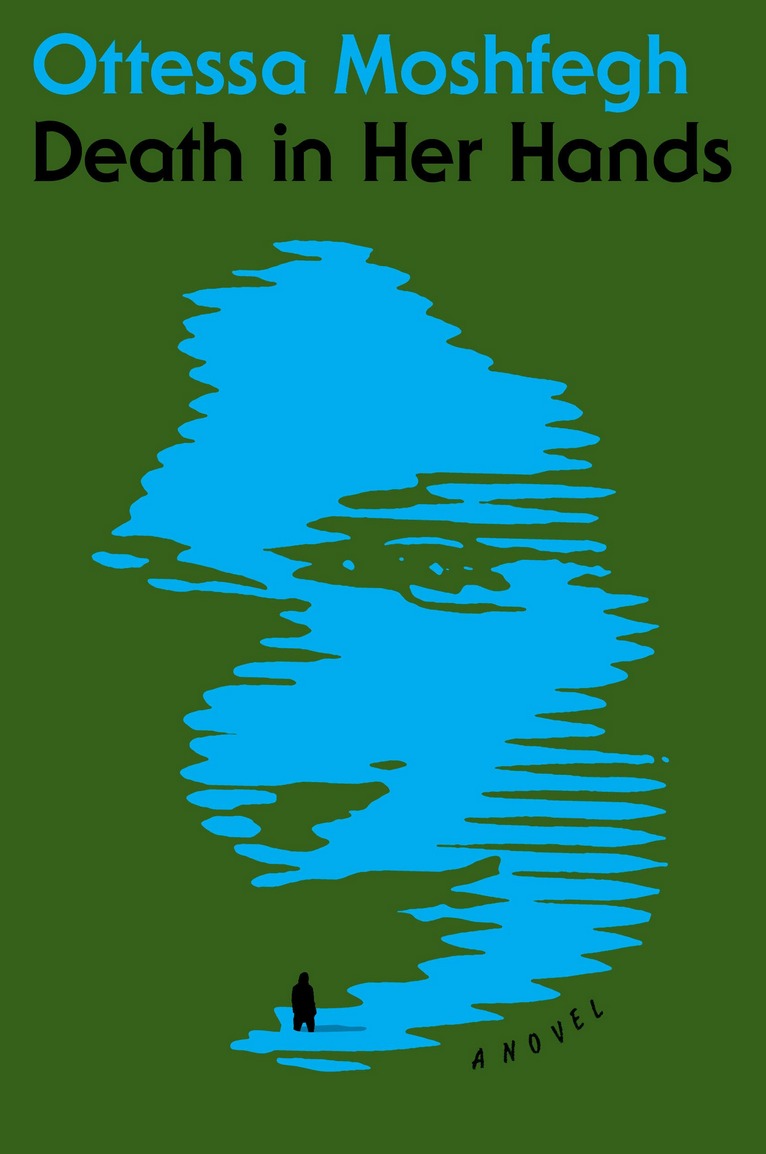
Let’s get this straight. I hated this book. I never say that, especially when the writer is absolutely one of my favorites. I waited for the uccky feeling to slink off as I dwelled on its merits, its clever ways of creeping up on me long after I read it. I expected a haunting of the writing, coming back on me later, in much the same way the slime of Lunar Park by Brett Easton Ellis did, or the boredom of Rachel Cusk’s conversations that wormed in until I couldn’t stop talking about her, but I found myself wanting to delete this book from my memory as soon as I finished it.
Firstly, any book that uses animal murder as a crutch to a climax can piss off. I’m not triggered, I’m not being one of those squee people. If it’s important to the plot, like in let’s say, the puppy falling off the boat in the movie Apocalypse Now, then fine. In The Discomfort of Evening, animal cruelty is a theme that runs through the whole book. And I sort of loved that book. But here it is totally unnecessary, and only muddies an already muddy idea.
The story centers on Vesta Gul (maybe intentionally an anagram of the Icelandic word ‘veglaust’ to mean ‘roadless’?) a woman recently widowed in her seventies, who lives in an Olive Kitteridge cabin on the edge of woods. While walking her faithful dog one day she finds a note on the ground that gives her the impression there is a dead body laid out somewhere nearby of a mysterious female called Magda. It becomes pretty obvious Vesta is suffering from some sort of dementia, and loses time and facts while she embarks on solving the mystery with nothing but her own fading intuition and the local library’s Ask Jeeves search engine to help.
The premise is a good one: as we understand more about who Vesta is and what has happened to her, her ability to connect the wrong dots feels like we are rapidly falling toward a spectacular and possibly dangerous reveal, a phantom ghoul hovering around the house. However, that reveal never came for me, and was sullied immensely by the author’s simply horrible decisions for her players in the third act. The puzzle was stilted, but also the underlying story did not arc, so while it might have been acceptable to learn more of exactly where this note came from, or why Vesta had come to certain conclusions, the author surprisingly fell into the rookie error of holding too much of the mystery back from her reader, and the ending is therefore too opaque, suffocating under layers of suggestion that even a seasoned reader with Ask Jeeves at their fingertips would have difficulty unravelling.
At times I wondered if this story was written as a sort of meta Maine mystery. Maybe the mystery was meant to be chaotic and badly thought out. Maybe the ending was a joke, a ‘fuck you’ from a New Englander to the cult of Maine mysteries, those cozy woodland crime stories that pop up in their thousands on Amazon rubbing against their god Stephen King. But that just didn’t ring true. But then I wasn’t given enough evidence to decide either way.
I feel rather cross about it. The book builds an interesting world, and deep characters I thought I could cheer for, even in the case of the dog. A good editor should have noticed this ending was too hidden — and you can only hope that Moshfegh has a good editor at this point — and pointed it out. And it’s not that I ‘didn’t get it’. I wasn’t given enough tools to even start to get it. Writers can’t say ‘the ending means what you want it to mean’ because I paid ten dollars to be told what it means, that’s your job. The third act could have been reworked to reward the reader for staying with it, but instead I felt insulted that when I got to the last page and there was no payoff whatsoever, and I was left alone, covered in blood and gore.
In the case of Moshfegh’s other tightly-wound works the endings have been spectacularly perfect. The sort of endings where you shut the book with a smile, and say ‘Ha!’ So this was especially disappointing. I genuinely hope the next book from this usually impressive writer will get back to form so this one will sink into a lesser-known work.
Available At



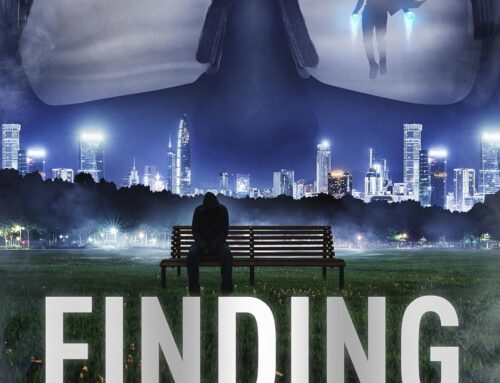
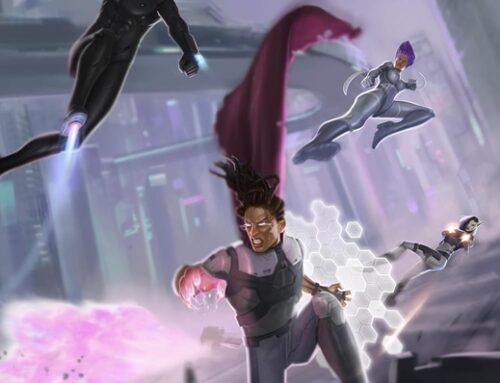



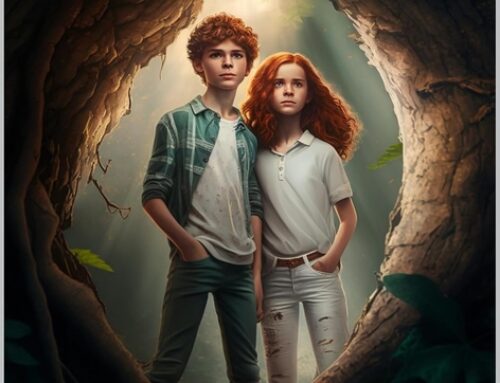
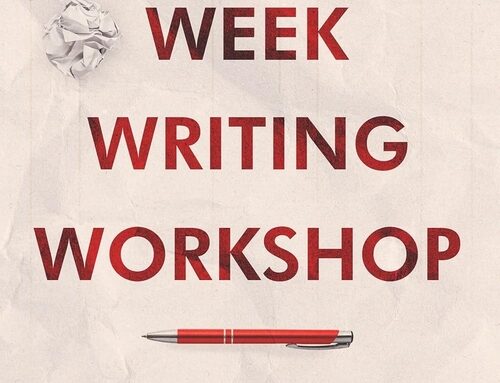

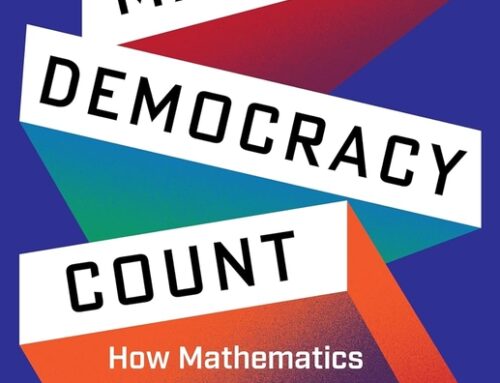
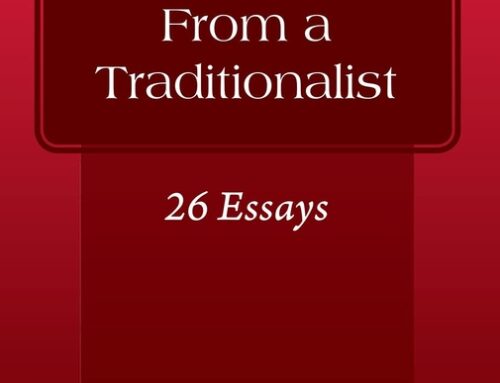
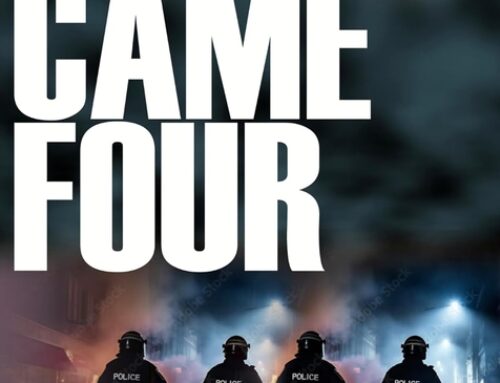




Leave A Comment